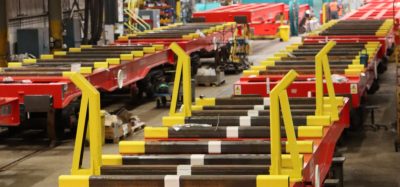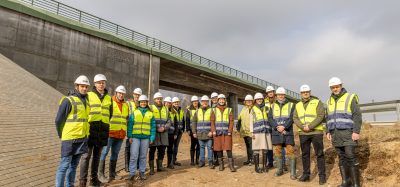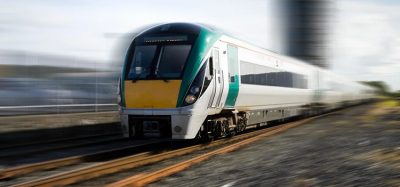GTR sets ambitious climate goals with science-based targets
Posted: 25 July 2024 | Global Railway Review | No comments yet
Govia Thameslink Railway has committed to achieving net zero emissions by 2050, with validated science-based targets for significant emission reductions.


Credit: Govia Thameslink Railway
Govia Thameslink Railway (GTR) has announced that it has joined a global initiative by setting science-based greenhouse gas reduction targets to help limit global warming to below 1.5°C. This commitment, validated by the Science Based Targets initiative (SBTi), places GTR among fewer than 5,800 companies worldwide with such accreditation.
Jason Brooker, GTR’s Head of Environment and Sustainability, said: “This is our public commitment to push ahead with net zero by 2050. We have set near-term science-based targets that are in line with what is needed to keep global warming below catastrophic levels with a maximum 1.5°C rise.”
The Intergovernmental Panel on Climate Change (IPCC) has warned that significant cuts in emissions are critical to limit global temperature rise and avoid severe climate impacts. GTR’s targets include a 42% reduction in ‘scope 1 and 2’ emissions – those from fuel and energy used directly – by 2029. This encompasses emissions from diesel trains, company vehicles and energy for trains, offices and depots. The company already uses renewable electricity for its electric trains and facilities. However, emissions from the supply chain, categorised as ‘scope 3,’ remain significant. GTR aims to cut these by 24% by 2029.
Luiz Amaral, CEO of the SBTi, said: “The ambition of Govia Thameslink Railway’s targets is aligned with the need for the global economy to rapidly cut emissions. This company is setting an example for the rest of its industry, and I urge others in its sector to set their own targets too.”
GTR’s long-term net zero strategy includes several key initiatives to achieve carbon neutrality by 2050:
- Working with Network Rail and the government to phase out diesel trains, potentially through electrification or battery-powered solutions
- Replacing gas heating at depots with air or ground source heat pumps
- Installing over 6,000 solar panels on depot rooftops in partnership with the Community Benefit Society Energy Garden
- Upgrading air conditioning systems to prevent refrigerant leaks
- Transitioning to zero-carbon equipment where feasible
- Continuing to source certified renewable electricity for all facilities
- Implementing smart meters to improve energy efficiency.
These measures reflect GTR’s commitment to sustainability and its role in global climate action.
Related topics
Related organisations
Govia Thameslink Railway (GTR), Network Rail, Science Based Targets initiative (SBTi)







